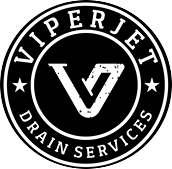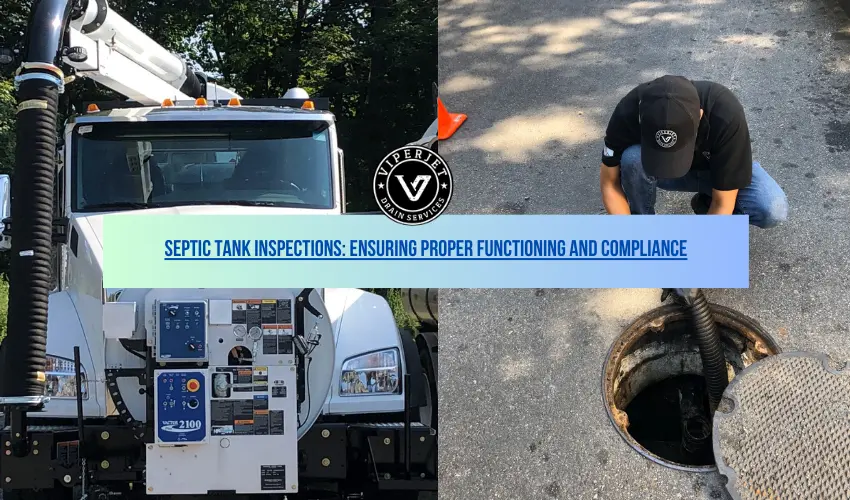Septic tanks play a crucial role in wastewater management for millions of homes across the country. Regular inspections are essential to ensure the proper functioning of septic systems and compliance with regulations. In this article, we will delve into the importance of septic tank inspections and how they contribute to maintaining a healthy and compliant septic system.
Understanding Septic Tank Inspections:
Septic tank inspections involve a thorough assessment of the entire septic system, including the tank, distribution lines, and drain field. These inspections are typically conducted by certified professionals who are trained to identify any issues or deficiencies that may affect the system’s performance.
Preventative Maintenance:
One of the primary purposes of septic tank inspections is to identify potential problems before they escalate into more significant issues. By detecting early warning signs such as leaks, blockages, or structural damage, inspections allow homeowners to address these issues promptly and prevent costly repairs or system failures.
Ensuring Proper Functioning:
Septic tank inspections are critical for ensuring that the system is operating as intended. Inspectors assess factors such as the level of solids in the tank, the condition of baffles and filters, and the integrity of distribution lines. Any deviations from the norm can indicate underlying issues that require attention to maintain proper functioning.
Compliance with Regulations:
In many areas, regular septic tank inspections are required by law to ensure compliance with environmental and health regulations. These regulations may dictate the frequency of inspections, the qualifications of inspectors, and specific criteria for passing inspection. Hiring a reputable septic tank inspection company ensures that homeowners remain compliant with local regulations.
Early Detection of Problems:
Regular septic tank inspections facilitate early detection of problems that may compromise the integrity of the system. From minor leaks to tree root intrusion, inspectors are trained to identify a wide range of issues that could impact the septic system’s performance. Addressing these issues promptly can prevent more extensive damage and costly repairs down the line.
Preserving Property Value:
A well-maintained septic system is essential for preserving the value of your property. Homes with malfunctioning or poorly maintained septic systems can experience decreased property value and may be challenging to sell. By scheduling regular septic tank inspections, homeowners can demonstrate to potential buyers that their septic system is in good condition and compliant with regulations.
Educating Homeowners:
Septic tank inspections also serve as an opportunity to educate homeowners about proper septic system maintenance and care. Inspectors can provide valuable insights and recommendations for maintaining a healthy septic system, such as avoiding excessive water usage, proper waste disposal practices, and regular pumping schedules.
Conclusion:
Septic tank inspections are a vital component of responsible homeownership, ensuring the proper functioning of septic systems and compliance with regulations. By identifying potential issues early, inspections help prevent costly repairs and system failures, preserving property value and protecting the environment. Homeowners should prioritize scheduling regular septic tank inspections with a reputable septic tank inspection company to maintain a healthy and compliant septic system for years to come.

